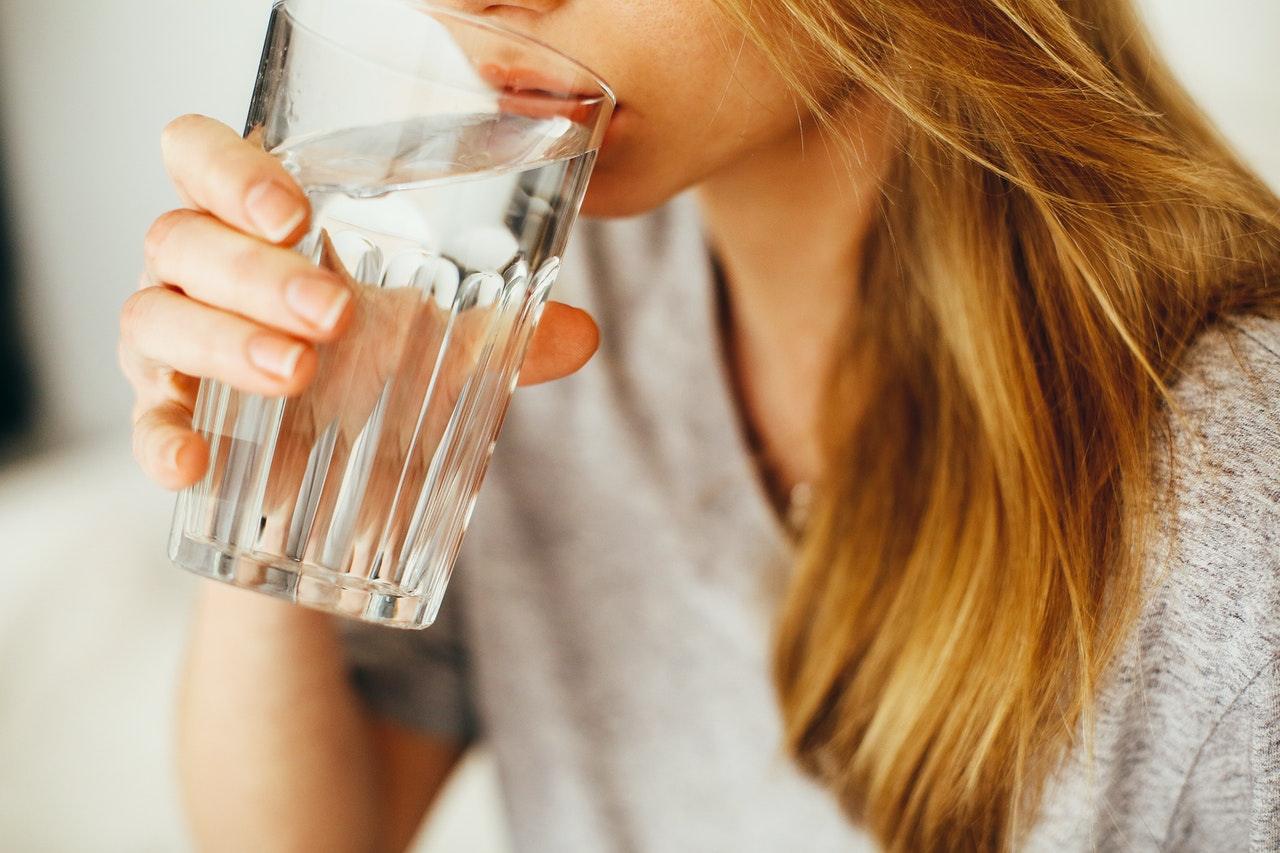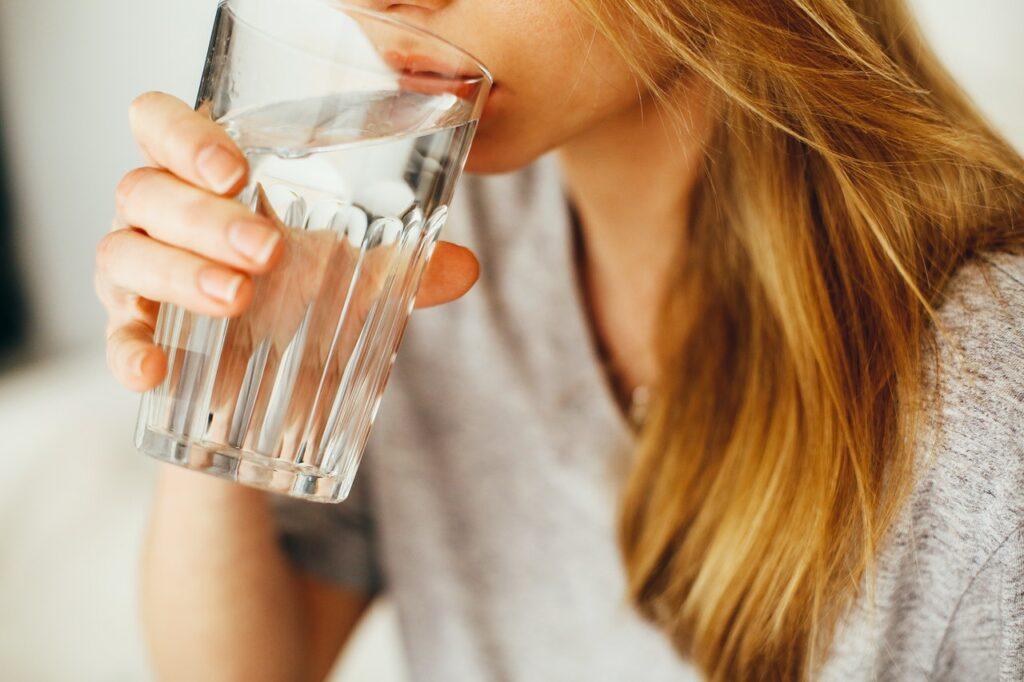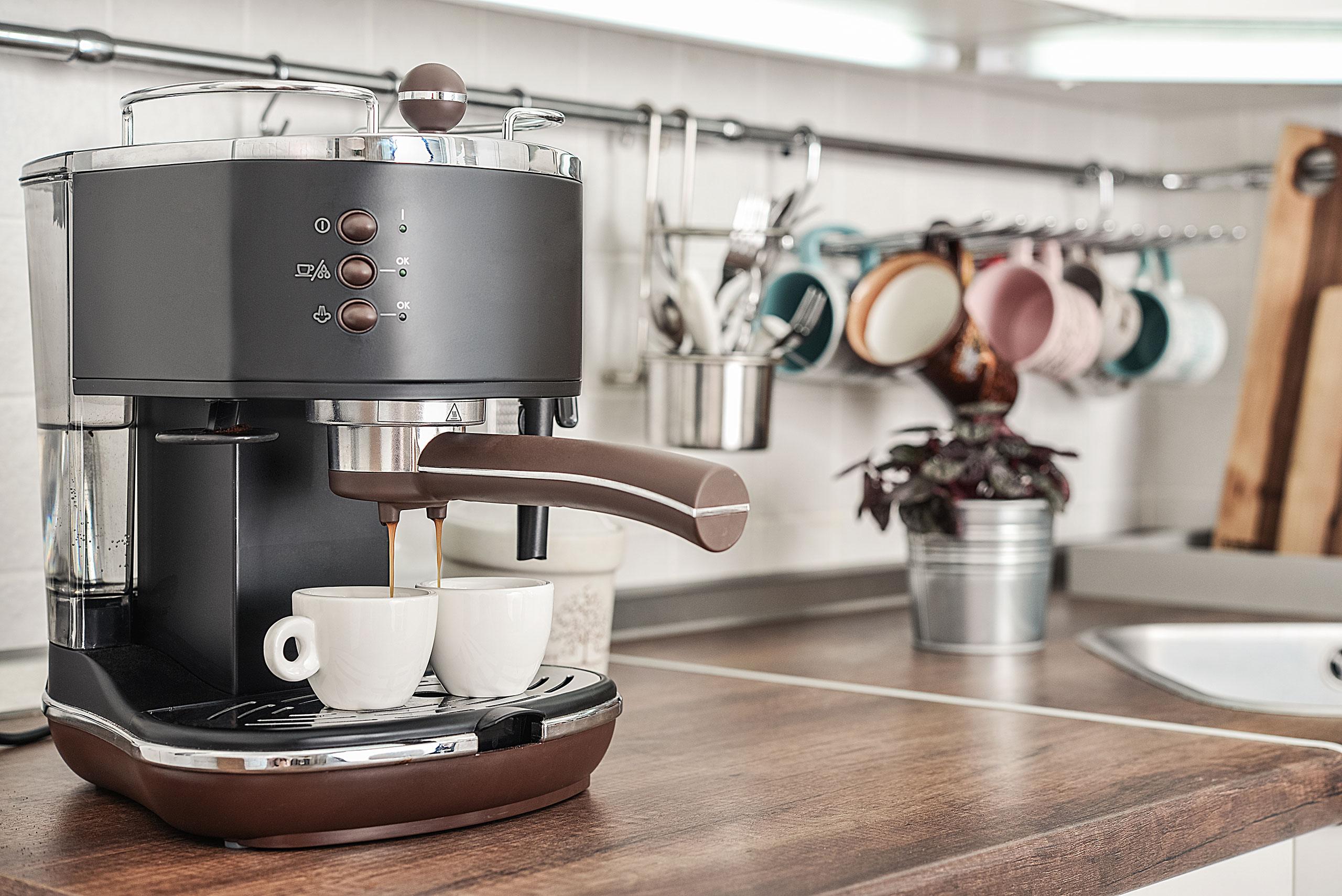
Depending on where in the UK you live, you’ll either have ‘hard’ or ‘soft’ water, but have you ever wondered what is the the pH of soft water? Well, it all comes down to water pH and the amount of minerals present in your area’s water supply.
pH determines how acidic or alkaline a substance is, with a pH of 0 being very acidic, and 14 being very alkaline. Water ideally has a neutral pH of 7, but in reality it typically ranges between 6.5 and 8.5 on the pH scale.
|
pH Level
|
Soft Water
|
Hard Water
|
|
Minerals
|
6.5-7
|
8.5+
|
|
Impact
|
Easy to wash with soap, unlikely to cause limescale buildup, blockages or staining
|
Leaves limescale stains due to calcium and magnesium content
|
It’s no secret that hard water is known for irritating sensitive skin, leaving marks on glassware and causing limescale build up, which is due to its more alkaline pH. That’s why many homeowners opt for soft water, with the soft water pH being slightly more acidic.
Keep reading to understand the pH of softened water, if it’s safe for you to drink and why it’s the preferred choice of many homeowners.
What should the pH of soft drinking water be?
Hear the term ‘pH’ and you’re probably transported back to a school science lesson with hazy memories of litmus paper and testing for acid or alkali. To rejig your memory, the pH scale is measured from 0 to 14, with:
- 0-6 being acidic
- 7 being neutral – neither acidic or alkaline
- 8-14 being alkaline
You’ll find vinegar with an acidic pH level of 3, household bleach with an alkaline pH level of 13 and pure water sitting at a neutral pH level of 7.
Following UK water regulations, safe drinking water should sit anywhere between 6.5 and 9.5 on the pH scale. A neutral pH level of 7 will be hard to find, as, naturally, water picks up minerals and chemicals from the environment.
For example, common bottled water usually sits between 6.5 and 7.5 on the pH scale, however there are several popular alkaline bottled water products that have a pH level between 8 and 9.

Hard water vs soft water pH
Let’s take a look at what actually makes water acidic or alkaline – the minerals.
Hard water, which is more alkaline with a pH of 8.5 and above, will likely contain higher levels of calcium and magnesium. These lead to a limescale build up in your pipes and appliances, and can be quite bitter to taste. Though benefits do include higher mineral content for drinking water.
Soft water, which is more acidic with a pH of 6-7, has low levels of minerals to remove the acid in the water. Instead, soft water will contain higher levels of sodium. This will result in a lower mineral content for drinking water, and also forms a lather more easily, making washing your skin, hair, and home a breeze.
With soft water, you will not need to rewash clothes or glassware to remove dirty limescale residue. This can ultimately save you money on your water bills and improve your water efficiency, which is why many homeowners with hard water will invest in a water softener.
Should you worry about the pH of your drinking water?
Water with a pH between 6.5 and 8.5 is generally considered safe to drink, with minimal evidence that more alkaline hard water comes with major wellbeing benefits.
Many people don’t focus on the pH of their water as much as hard vs soft water content. Hard water can cause many challenges, such as limescale buildup reducing efficiency on kitchen appliances like the kettle or faucet, as well as causing staining to clothes and glassware.
Depending on where you live, water may be treated to ensure it lands in the healthy pH range, to avoid any issues associated with overly acidic or alkaline water.
If you are worried your water contains contaminants or too many minerals, a water softener or drinking water tap can provide you with pure, filtered water.
How to solve water hardness (and pH levels)
In general, the harder your water is, the more acid is required to lower the pH. There are several ways to convert hard water to soft water, and we recommend either:
- Water softening – this typically involves adding sodium to the water, which removes excess minerals such as calcium before they come into contact with your clothes and bathtub to leave any stains.
- Reverse osmosis (RO) – an RO system uses pressure to force water through a membrane, blocking large molecules of minerals like magnesium or calcium. Reverse osmosis also filters contaminants such as chlorine from your drinking water, which may improve the taste as well as soften it overall.
To test if your water is hard or soft, and if you need a softener or reverse osmosis system, try our free water hardness checker.
Will a water softener change the water pH?
If you are worried about the pH of your drinking water changing but want to remove the hard minerals that can leave cloudy residue on glassware, consider installing a domestic water softener.
A base-exchange water softener will not affect the pH of your water, but will replace minerals, such as calcium or magnesium, with sodium. The salt from a water softener does not enter the water that you drink and instead only works to clean the resin that acts on the water.
Get in touch with us today and learn more about the benefits of a Harvey water softener.


